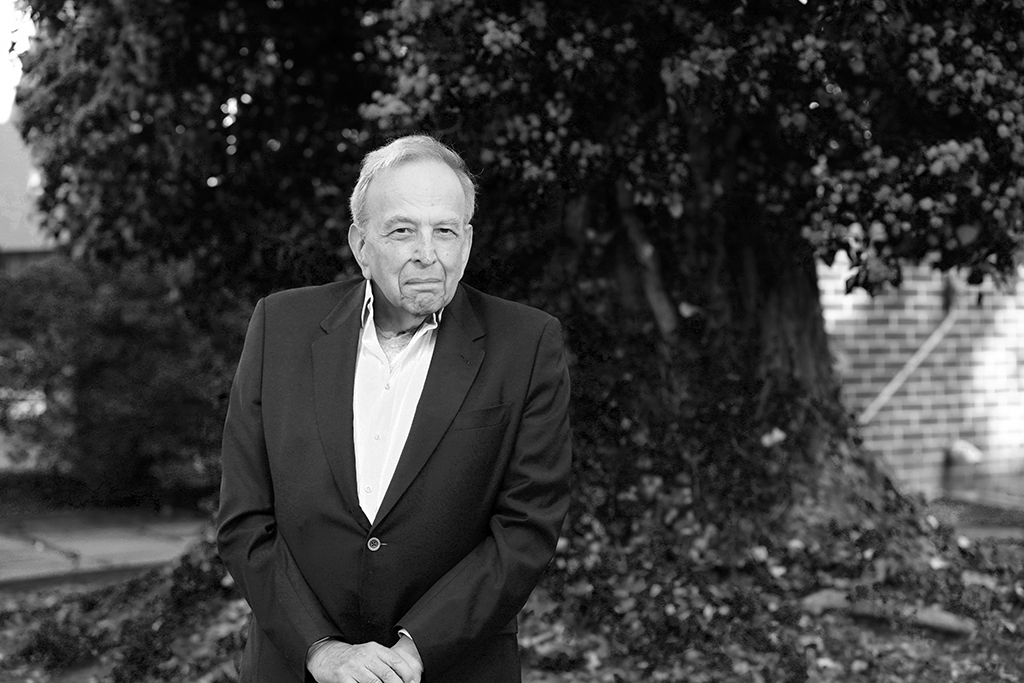Doug Rosenthal
A partner in the internationally recognized law firm of Constantine Cannon LLP in Washington, D.C., Douglas Rosenthal has 40 years of antitrust and international litigation experience. Born in New York to Jewish parents during World War II, he cites the importance of American ideals in fighting for equality as an important part of his upbringing.
“I remember hearing on the radio the voice of Franklin Roosevelt, and for me, Franklin Roosevelt was like a member of the family,” Rosenthal said. “So that was very important in my idea of what American democracy was.”
Rosenthal earned his bachelor’s degree in politics and economics, graduating summa cum laude from Yale College in 1961. He went on to earn his LL.B. from Yale Law School in 1966, and his Ph.D. in political science from Yale University in 1970.
For years Rosenthal had been aware of Berea College as a liberal arts college ranked highly by college rating services, but he knew very little about its history and mission. When his late wife, Erica, a retired attorney with a passion for English literature, passed away, he reached out to Berea. He and his wife had accumulated about 7,500 books over the years, and he wanted to give them some place to be useful. After calling to inquire about making a donation, he began to realize there was more to Berea’s story than he originally thought.
“We are living in a time where this is a compelling opportunity to really make significant progress,” Rosenthal said. “We are all of one blood, and that is an urgent and powerful message for this time in history.”
If we are ever going to really have equal opportunity, it probably has to start with equal opportunity for education, and that’s what Berea is certainly working toward
Doug Rosenthal
He soon made plans to visit Berea in person. “I was just so impressed by the commitment of everybody to make this work,” he said, reflecting on his visit and conversations with students, faculty and staff. Thinking back on his own college experiences made Berea’s commitments even more important to Rosenthal.
“I realized how deeply the problem existed, even in the North, where people were proud that there was no ‘prejudice,’” he said. “There was a lot of prejudice, and we have now seen it abundantly as we’ve been much more attuned today.”
Berea’s commitment to interracial and coeducational opportunity is a driving factor in Rosenthal’s philanthropy. “If we are ever going to really have equal opportunity, it probably has to start with equal opportunity for education, and that’s what Berea is certainly working toward,” he explained. “You can’t get into Berea even if you were to offer a million dollars to be taken as a student. I like that very much.”
Not only does Rosenthal admire how Berea places students on a more level playing field in terms of financial support, he also believes that Berea fosters an environment in which students of different races and nationalities can see their commonality with each other, put aside prejudices and emphasize a bond. He is particularly impressed with the work of the Carter G. Woodson Center for Interracial Education in facilitating discussions meant to provide support and break down barriers.
“It has led me to think,” he said, “that what we need is about a hundred or a thousand more Berea Colleges.”


